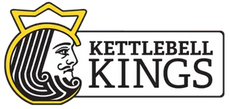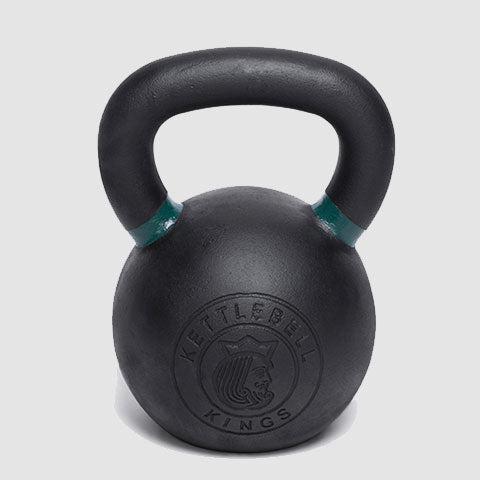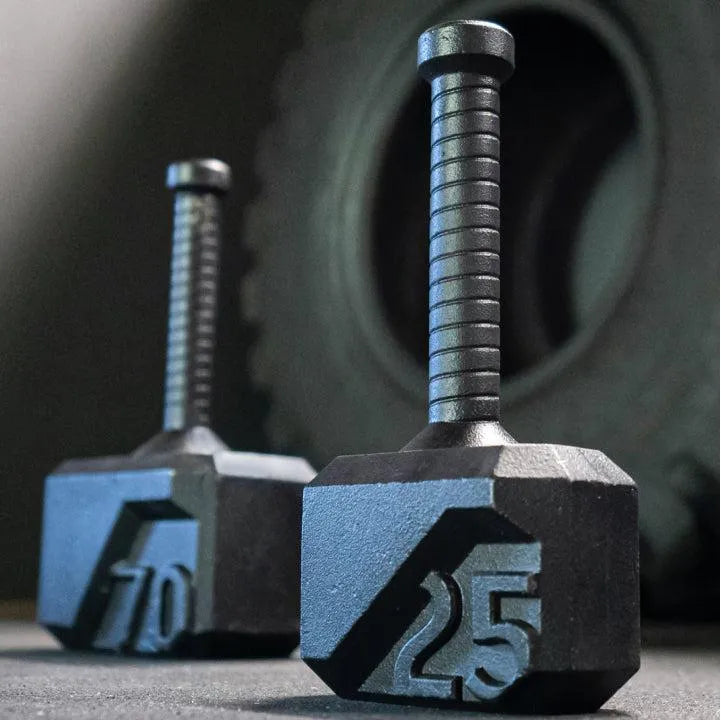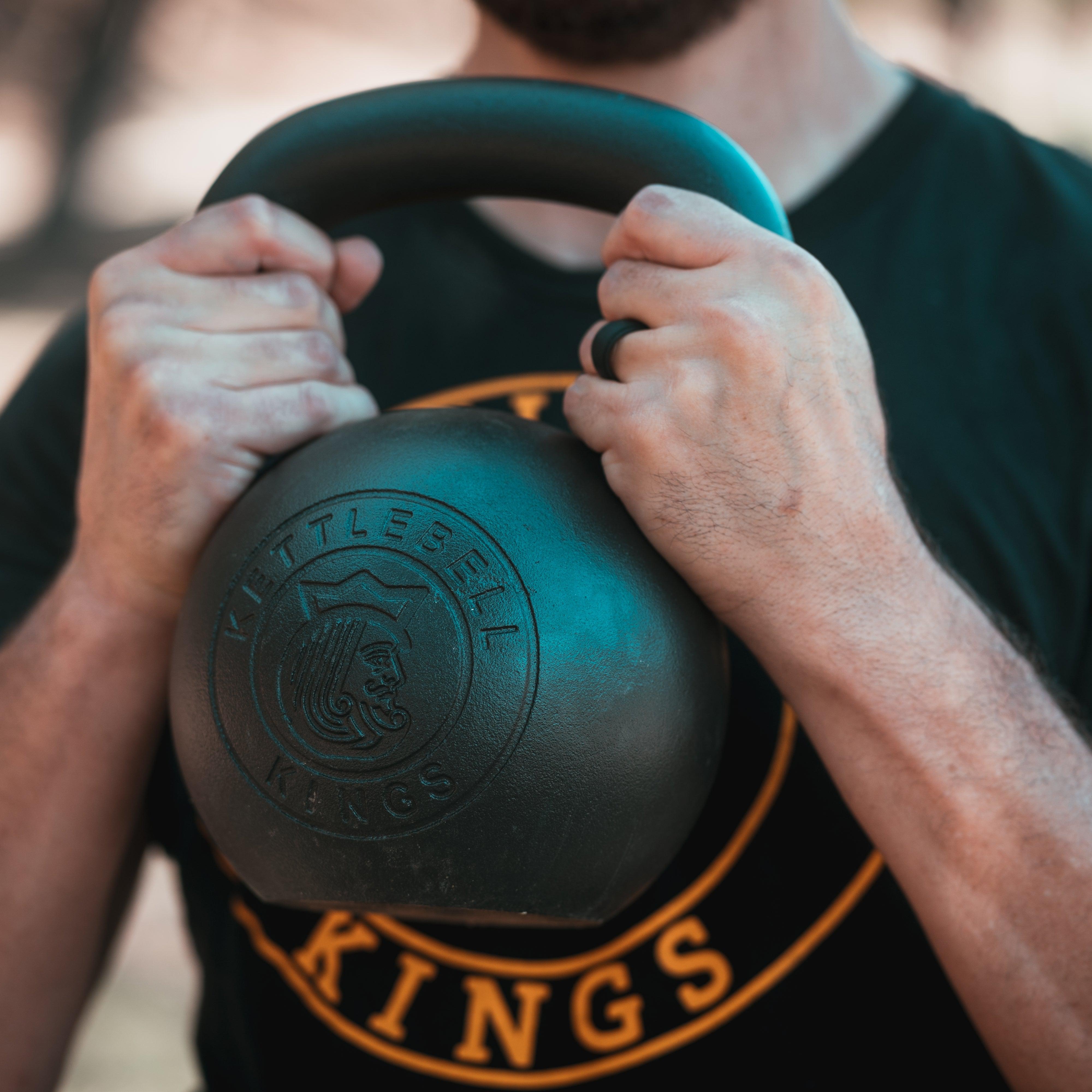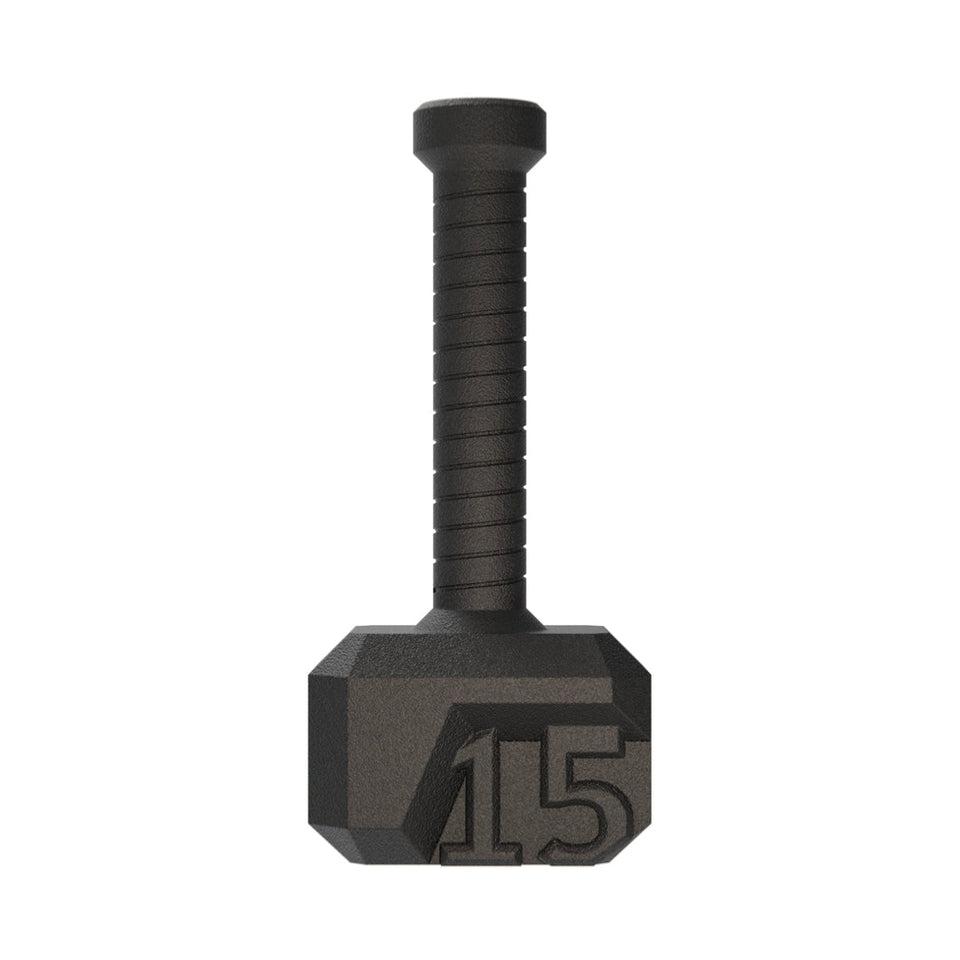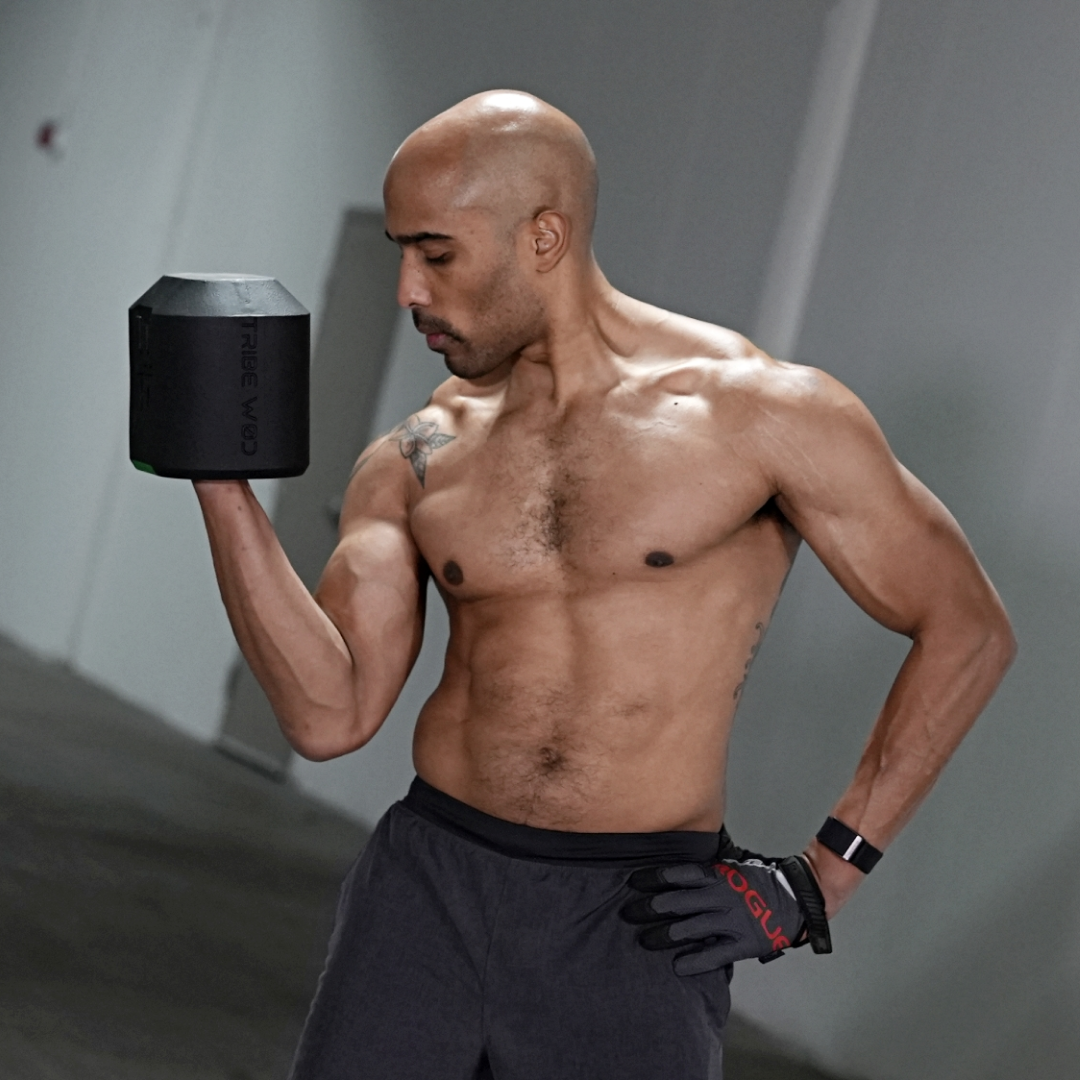Of all my coaches that I have performed under, it is only the great coaches that I have remembered.
If you are looking to leave a legacy in someone’s life as a coach.
If you are looking to transform lives through better coaching.
If you are looking to go from being a good coach, to being a great coach, here are 17 ways that you can go about improving as a coach.
1 - Listen More
You have one mouth and two ears.
If you you were supposed to talk more, don’t you think you would have been given more mouths?
Listening is one of the greatest attributes of good coaches.
I have made the wrong decision as a coach too many times, when I assumed I understood my athletes and clients, and then told them what I thought I knew about them.
It has always improved my relationship, connection, trust, and ability to champion my athletes and clients, when I have taken the time to listen more.
2 - Observe More
We were also given two eyes.
Often times coaches get caught up in the program, or the x’s and o’s, and then miss the fundamental flaws that would have been easy to correct if they were watching their athletes.
As we make time to watch our athletes, it does two things:
First, it helps you improve your observation skills. It still fascinates me that a strength coach can watch their lifter squat, make an adjustment, and then add 40 pounds to the bar, because she saw a micro movement in the athlete’s hands, feet, hips, or knees, and made a coaching cue that eliminated that issue.
Second, it shows that we care. There is nothing worse than watching a coach watch his phone or clipboard, while their athlete is doing work. The athlete will notice this, and not observing will mean less trust, less connection, and less engagement.
New to kettlebells? Sign up for a free series of emails walking you through how to get started in kettlebell training with our Free Level 1!
hbspt.forms.create({ portalId: "1557691", formId: "7766bf7b-74fb-4566-9116-825cdd83cf22" });
3 - Talk Less
This may seem redundant, but I don’t think there is enough reminders for coaches.
We often find ourselves talking and telling and teaching and talking...well you get the point.
Actions speak louder than words, and there will be enough time for your to talk.
Try to think of ways that you can talk less, while coaching more. Whether that means demonstrations, scrimmages, drills, praise, listening, observing, or asking really really good questions.
The less we talk, the greater the chances for self-discovery.
Self-discovery is going to always beat the coach in effectiveness and long term growth and development.
4 - Ask Better Questions
Any question that gets your athlete to consider a better approach, will serve you as the coach and them as the athlete for the short term and the long term.
Think about good questions, which will help you listen more and talk less, and then start asking them immediately.
The impact doesn’t have to only serve the athlete in the weight room or on the field. If it serves them in their personal or professional lives, it will always improve their time on the field and underneath the kettlebells.
5 - Teach, Don't Tell
Telling the athlete that they have to do this, and then they have to do this, and then they have to do this, ad infinitum, will not serve them in the long game.
However, teaching them why they have to do this, and how they can do this better, will serve them for the rest of their lives.
It is the old adage, if you give a man a fish, he only has one fish, but if you teach a man to fish, he will have fish for the rest of his life.
6 - Prioritize Relationships Over Tasks
In the short run the tasks will win, but in the long run the relationship will triumph.
As a coach, if I focus on developing good rapport, trust, communication, listening skills, better questions, and ultimately a better relationship, that athlete will do anything for me for the rest of their life. It isn’t because I have manipulated them or controlled them, it is because I have showed them how much I care about them and their future.
If I prioritize the tasks over relationships, it will become about the task itself, and that has never built trust, loyalty, or rapport in my estimation.
“Great vision without great people is irrelevant.” ― Jim Collins, Good to Great: Why Some Companies Make the Leap... and Others Don't
Before you begin, ask yourself, will this improve the relationship, people, and team; or will this just be another notch on my belt?
7 - Improve Communication
Communication is hard.
I am trying to tell you something, so that you know that something and act on it. I have to contend with your preconceived notions about me, your preconceived notions about what I am telling you, and all of the other distractions that can happen throughout my communication process. I am also assuming what you may or may not know, how you are receiving it, and all of the other distractions that I am dealing with throughout this process.
The technique I have implemented to improve my communication is over-communication and a lot of questions.
When I say overcommunication, I don’t mean over-talking, I mean communicating through actions, understanding beliefs, setting up values, creating systems, delivering a corporate purpose, understanding the individual’s purposes, and also putting the most important stuff into traditions, rituals, and processes.
For example, making a motto like Slow and Steady Wins the race, and then telling the story of the tortoise and the hare, and entering that moral into the conversation every time it serves the team or athlete. Actually slowing things down to make a point or practice a sticky spot. Having a picture of the tortoise winning the race. And I could go on.
Basically, you know you have improved communication when they are making jokes about your affinity with the Tortoise and the Hare.
8 - Improve Trust By Keeping It Real
If you screw up, admit it early, and ask for forgiveness.
This is one of the easiest and best ways to keep it real.
Once they know you are human (we all screw up), and you don’t try to cover it up (they will probably know anyway). You will become more approachable, more trustworthy, and more real.
As long as you don’t slip into becoming one of the homies or one of them, your status as a coach will climb in their eyes.
9 - Focus On One Thing At a Time
Do not try to be everything for everyone, all of the time. This is where you will burn out, and also probably piss everyone off most of the time.
It is easy to get sucked into the social media, or admin, or pleasing the parents/public game...do not do it. Your team, your athletes, and their improvement is your number one priority, and you can do those other things.
Just make sure you set aside time for it, and then knock it out of the park when you get to it.
Multitasking: Switching Cost an article written by the American Psychological Association on March 20, 2006, they quoted a researcher, stating, "Meyer has said that even brief mental blocks created by shifting between tasks can cost as much as 40 percent of someone's productive time."
We do not have time to try to be everything for everyone.
10 - Slow and Steady Always Wins
The Tortoise and The Hare is a fable from Aesop, an ancient Greek writer, and the wisdom is timeless. (did I already talk about this...hmmmm...must be important)
Doing something consistently and sustainably for a decade, will make far more impact than doing something 10x's the speed for only one month.
For example:
If you are able to build your current athlete roster at a rate of 10 per day for 30 days. You would have 300 clients (this growth is probably unsustainable, because you would also need the infrastructure and personnel to handle the 300 clients...but for argument sake...you did it!).
Meanwhile, the coach down in the other gym, plods along, systematically growing her athlete roster at only 5 per month for the next 10 years (120 months). She will have 600 athletes at the end of the decade (and she probably also has the infrastructure in place and the personnel to handle all 600 athletes effectively).
It is the same in all areas of your life: finances, relationships, communication, fitness, strength, and endurance.
Think long term investments, and watch your 1% improvement interest compound!
11 - Give Your Best In The Next Opportunity
A slow and steady approach, while focusing on one thing at a time, will lead to giving your best in the opportunities and experiences you encounter.
There was a Greek warrior poet named Archilochus, and he wrote, "We do not rise to the level of our expectations, we fall to the level of your training."
Just like him, I believe that we will always have a romantic ideal of what we want to do and be, yet our reality will continue to be what we continue to do.
It is what we continually do that becomes who we are, so what will you do in your next opportunities: next night sleep, next nutrition choice, next conversation with a loved one, next workout, next set, and next rep?
I remind myself of this by using #nextonebestone in my posts on social media, and I invite you to do the same.
12 - Praise-Correct-Praise
How do you approach mistakes, failure, and correction as a coach?
If we can sandwich our corrections, coaching, and cues with praise, we will cultivate a positive environment.
Through research, we know that positive learning environments lead to far faster and far more improvements than negative learning environments.
“ Research by academics Emily Heaphy and Marcial Losada examined 60 business leadership teams and their performance at an information-processing company. Essentially, the teams were rated by a set of factors, such as customer satisfaction ratings and financial data, to determine performance. What they found was that the highest performing teams held a positive-to-negative feedback ratio of 5.6, or 5.6 compliments for every negative one. The lowest performing teams held a ratio of 0.36 or 3 negative comments for every positive one.”
From https://wp.nyu.edu/dispatch/2018/05/03/which-is-more-effective-in-the-workplace-positive-or-negative-reinforcement/ on September 2, 2019
In this light, we can implement a praise like, "you are moving with good speed," before we correct with, "next time start with your right hand toward the ball," and then conclude with, "great hustle, and keep up the great work!"
This praise-correct-praise, helps create a positive environment that your athletes will want to be a part of, and learn from more effectively.
13 - Aim Small Miss Small (sum total of tiny wins)
In the movie, The Patriot with Mel Gibson, the family has to go rescue the eldest sibling, after watching the second eldest get gunned down by the British.
Benjamin (played by Mel Gibson) asks his young boys what he taught them about shooting, and they reply, "aim small, miss small."
This is true with coaching too.
Aim small, means small wins as well as articulated small wins. What are the 1% improvements you can make in your coaching business, coaching programming, and teachable moments?
Even when you miss (not done the improvement perfectly), you will have improved. These small wins aggregated over time, can build up to incredible wins.
While the British in the movie The Patriot, were bad guys. The British cycling team, aggregated so many small wins and improvements, that they became a force to be reckoned with from 2003 to the present.
We have a term for it--winning by marginal gains.
14 - Treat Others As THEY Would Like To Be Treated
We know that serving yourself and leading with ego, is a sure way to become a worse coach.
How can we keep our ego out of our coaching (easier said than done).
Think about your athlete and the people you have to deal with from their perspective, and then act and behave accordingly.
This moment of intention can take less than a minute, before you see your athletes or meet the press.
Think about their day, their personality, their life, and then treat them accordingly...if you don't know any of those things, see #4, #3, #2, and then #1 above for some extra help.
15 - Play The Long Game
I am sure you want to win now. I do.
You and I don’t want to win a year or a decade from now, we want to see results yesterday.
However, I would challenge you to think about the long term.
I have observed this from every coach that has created a dynasty.
These masters of the coaching craft thought about the long term, just as much as winning the day.
We often think about doing more today, so that this upcoming game is in the bag, without taking a few more thought steps in process that may improve our athletes in the long haul.
When we play the long game, it keeps us in the maxims of "Slow and Steady" and "Aim Small, Miss Small" and "Doing One Thing At a Time.”
This sustainable approach and consistent action will be better for your athletes and make you better as a coach.
It will not be easy, but it will be easier than collecting unsustainable injury rates, bad attitudes, and burn-out that come from pushing too hard too fast.
16 - Be Intentional With Every Part of the Job
When I think of coaching, I think of daily action and interaction with athletes and building strategic and smart programming.
I tend to forget about education, follow-up communication, establishing business rules, collecting money, making phone calls, and checking in on athletes that are not present.
If #nextonebestone is reigning in my thoughts, words, and actions, then we need to do these other not-so-awesome parts of the job just as effectively as the work we do on the field and on the spreadsheets.
The organizing, business development, and precision that we deliver on these other parts of the coaching, will turn us into the better coaches.
17 - Make Giving Your Best A Habit
How do I make developing as a better coach a habit?
These tenets above can easily be talked about, but without action they will only be thoughts and words.
In order to become better coaches, we must make becoming a better coach a habit.
Start habit-stacking to improve in at least one of the above areas.
Do you you love coffee? Make drinking coffee and learning something new go hand-in-hand.
If you regularly and routinely brush your teeth, make sure you write out your most important task to complete for the day and write out your most important relationship to connect with for the day in your schedule before you brush your teeth.
Your slow and steady, habitual, best self is being trained by your everyday routines and habits.
What is the one area you will start to do, to become a better coach today?
